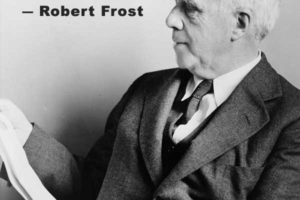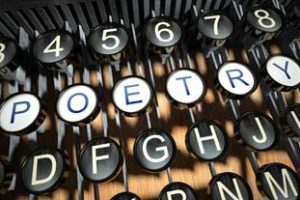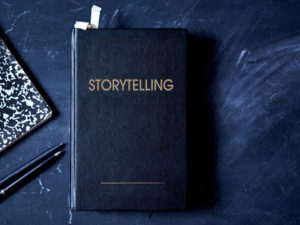
Writing Tips for Creating a Complex Villain
When it comes to writing fiction, we each have our own unique challenges. For some of us, it’s a struggle to come up with names for characters. For others, it’s hard to write realistic dialogue. Maybe you’re like me and find it difficult to write a really good villain — I mean — a really bad…Read More

Emotions and Poetry
“Poetry is when an emotion has found its thought and the thought has found words.” ― Robert Frost Emotions are fickle. Sometimes they’re clear and brilliant: we’re happy, sad, frustrated, or angry. But emotions can also be complicated, layered, and conflicting. Sure, we’re happy, but we’re also kind of annoyed about something. We’re sad, but…Read More

How to Misuse Punctuation Marks
What is it about punctuation marks that cause so many bad sentence constructions? You know the sentences I’m talking about. They’ve got random commas, missing quotation marks, and way too many exclamation points. To make matters worse, some writers break the rules and get away with it while others are chastised for doing (what appears…Read More

A Notebook and a Pen
Today’s post is an excerpt from my book, Ready, Set, Write: A Guide to Creative Writing, which takes you on a tour through various types of creative writing. This is from part two, “Tools of the Trade,” and it explores two of writers’ favorite tools, a notebook and pen. Enjoy! Notebooks and Pens These days,…Read More

Eight Common Writing Mistakes
We all make mistakes in our writing. The most common mistake is the typo — a missing word, an extra punctuation mark, a misspelling, or some other minor error that is an oversight rather than a reflection of the writer’s skills (or lack thereof). A more serious kind of mistake is a deep flaw in…Read More

How to Write More
Productivity: it’s all been said and done. In fact, you could spend more time learning how to be productive than actually being productive. For us creative types, productivity can be a fleeting thing. We experience highs (a whole month packed with inspiration) and lows (three more months fraught with the ever-annoying writer’s block). It can…Read More

A Selection of Poetry Prompts from 1200 Creative Writing Prompts
Today’s poetry prompts come from my book, 1200 Creative Writing Prompts, which is jam-packed with ideas and inspiration for writers and includes fiction, poetry, and creative nonfiction writing prompts. Some of the poetry prompts in the book ask you to use a list of specific words in a poem. Some give you a topic to…Read More

Storytelling Exercise: Motif
Today’s storytelling exercise is an excerpt from my book, Story Drills, which is packed with fiction-writing exercises designed to impart the basic techniques of storytelling. Today’s exercise is from chapter thirty-five. It’s called “Motif.” Enjoy! Motif A motif is a recurring idea, element, or symbol in a story. A story can have multiple motifs, and…Read More

42 Fiction Writing Tips for Novelists
The more I explore fiction writing, the more complex and multi-layered it becomes. Through the processes of brainstorming, outlining, researching, writing, and revising, I have discovered countless details that authors have to consider as they set out to produce a viable work of fiction. Over the years, I have collected a vast pile of notes…Read More

The Personal Benefits of Writing Poetry
Poetry writing is an excellent practice for strengthening one’s writing skills. Through poetry writing, we gain command of language, cultivate a robust vocabulary, master literary devices, and learn to work in imagery. And that’s just a small sampling of how poetry improves basic writing skills. However, poetry has other benefits that are meaningful on a…Read More



